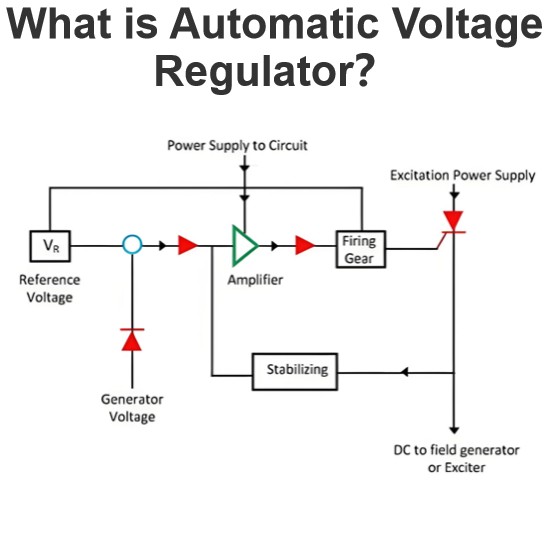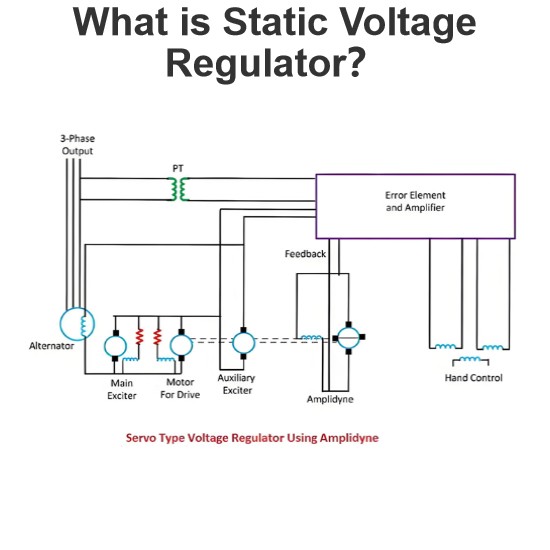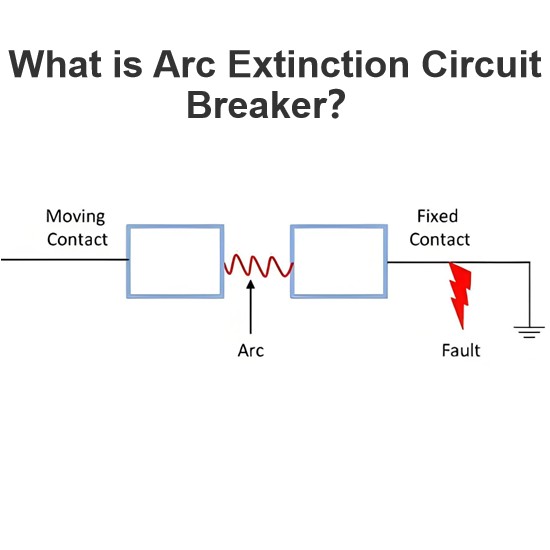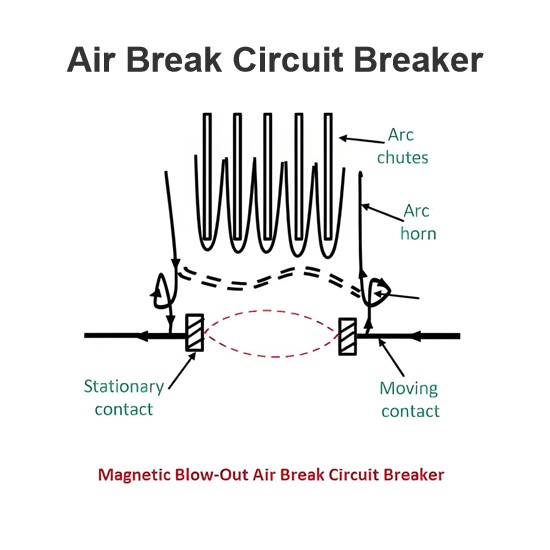What is Wind Turbine?
What is Wind Turbine?
Horizontal Axis Wind Turbine Definition
A horizontal axis wind turbine (HAWT) is defined as a wind turbine with a horizontal rotation axis parallel to the ground, commonly used for large-scale power generation.
Main Components
The rotor, which consists of the blades and the hub that connects them to the shaft.
The generator, gearbox, brake, yaw system, and other mechanical and electrical components.
The tower supports the nacelle and the rotor and elevates them above the ground to capture more wind.
The foundation anchors the tower to the ground and transfers the loads from the wind turbine.
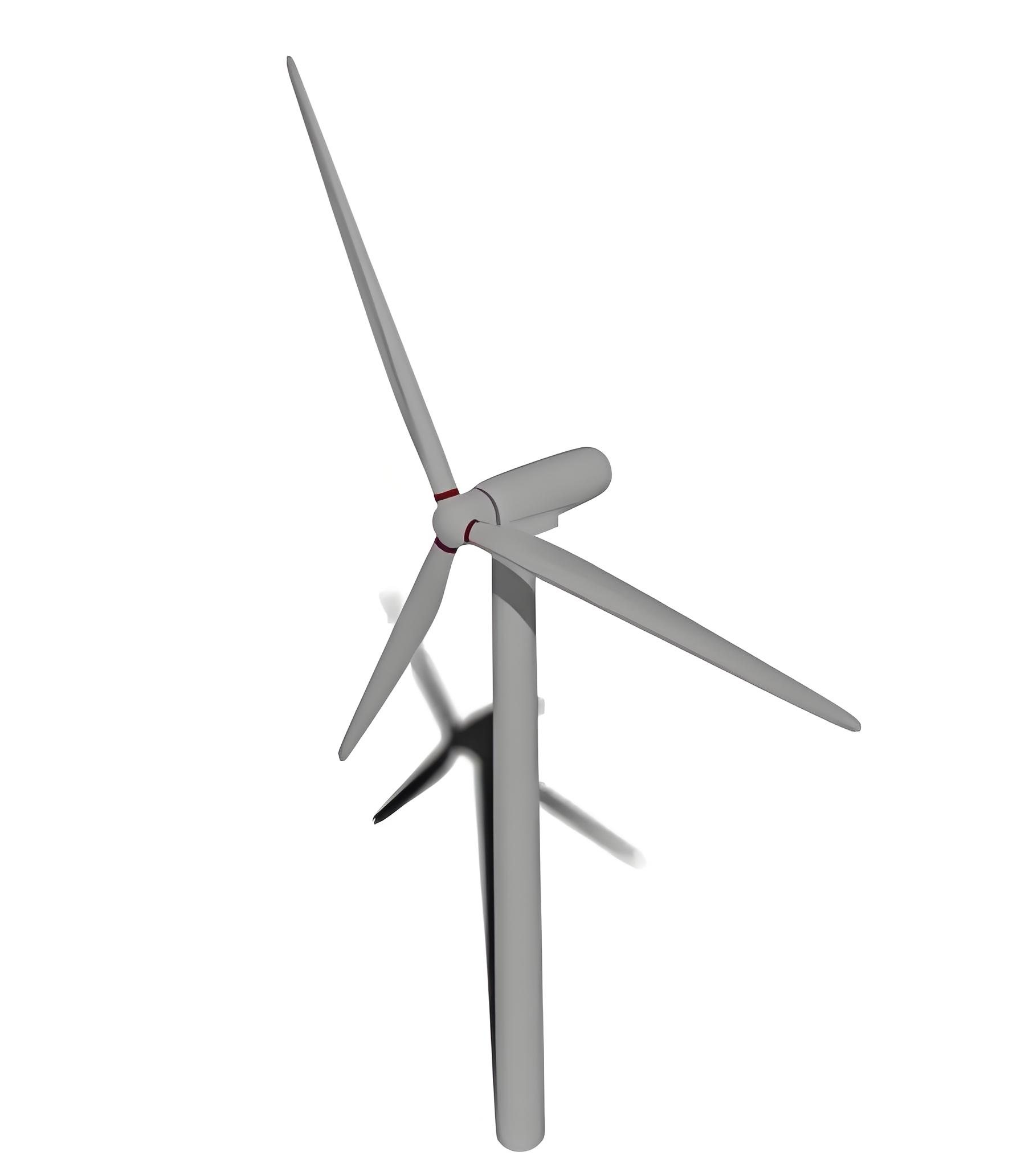
Advantages
Higher efficiency
Lower torque ripple and mechanical stress
Disadvantages
Require a tall tower and a large land area
More expensive
Susceptible
Vertical Axis Wind Turbine Definition
A vertical axis wind turbine (VAWT) is defined as a wind turbine with a vertical rotation axis perpendicular to the ground, suitable for small-scale and urban applications.
Main Components
The rotor, which consists of the blades and the vertical shaft that connects them to the generator.
The generator, which converts the mechanical energy of the rotor into electrical energy.
The base, which supports the rotor and the generator and connects them to the ground.
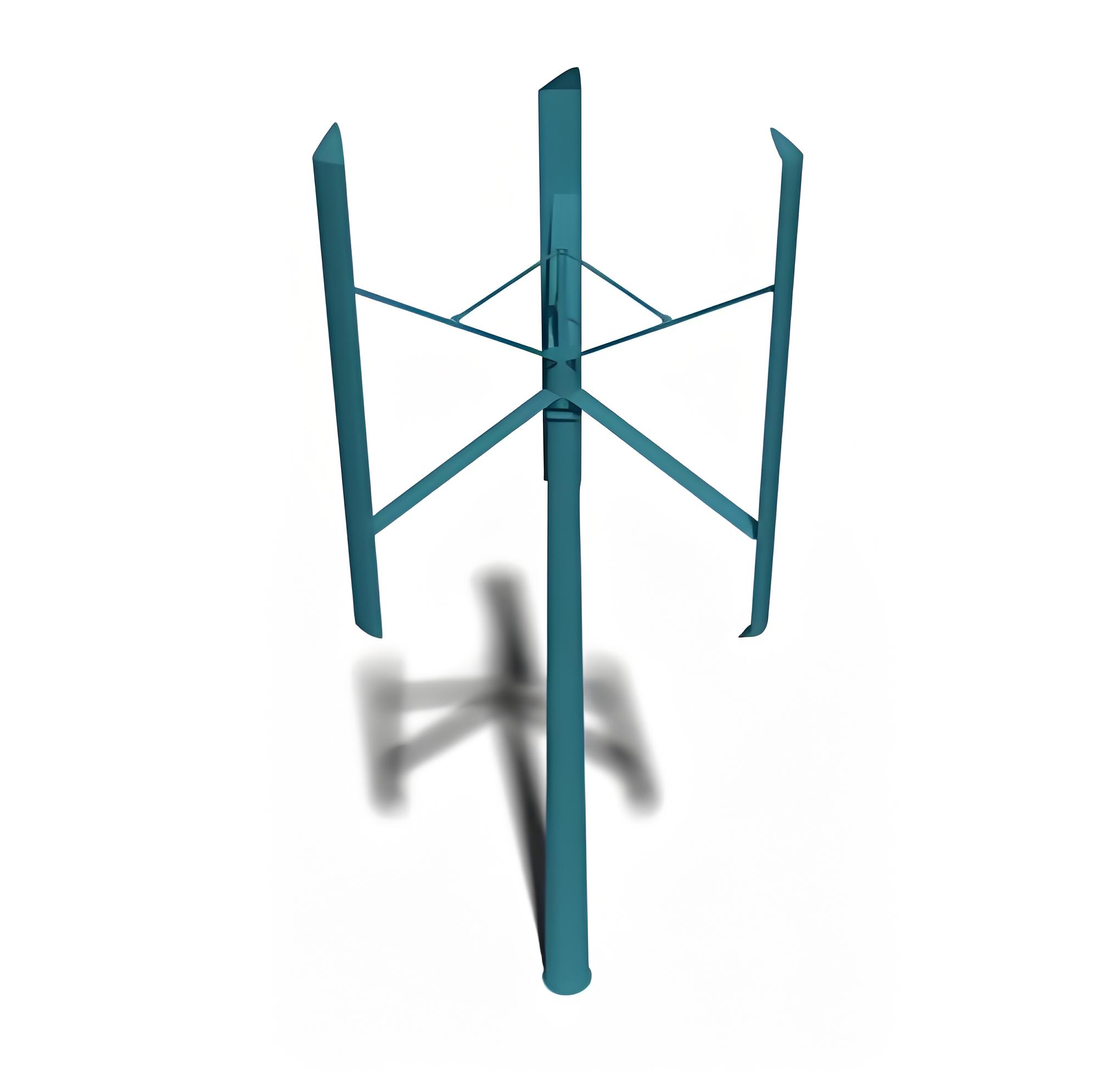
Advantages
Lower installation and maintenance costs
Lower noise levels
Lower heights and smaller footprints
Disadvantages
Lower efficiency
Higher torque ripple and mechanical stress
Less stable and durable
Working Principle
HAWTs use lift to rotate their blades, while VAWTs use drag to generate rotation.
Efficiency Comparison
HAWTs are more efficient with higher power output, whereas VAWTs have lower efficiency but are cheaper to install and maintain.
Suitability
HAWTs are best for open areas with consistent wind, while VAWTs are ideal for urban areas with variable wind directions.
The Electricity Encyclopedia is dedicated to accelerating the dissemination and application of electricity knowledge and adding impetus to the development and innovation of the electricity industry.
